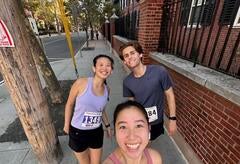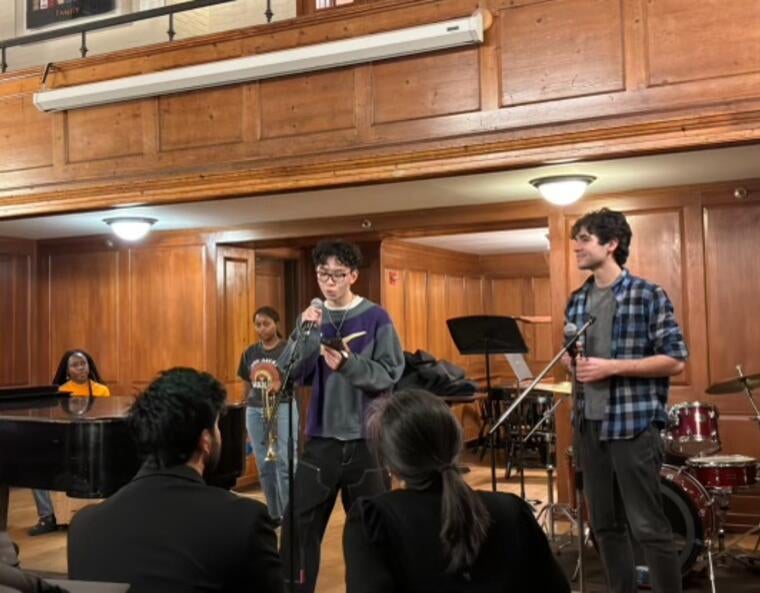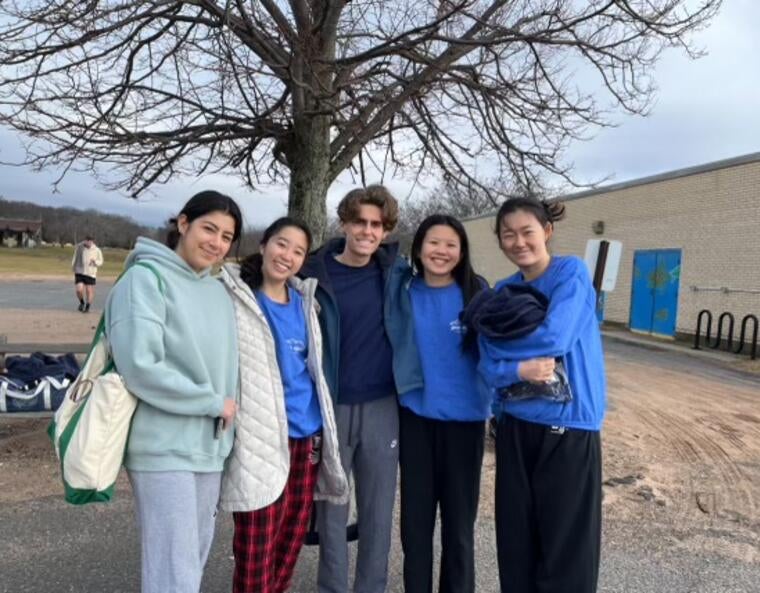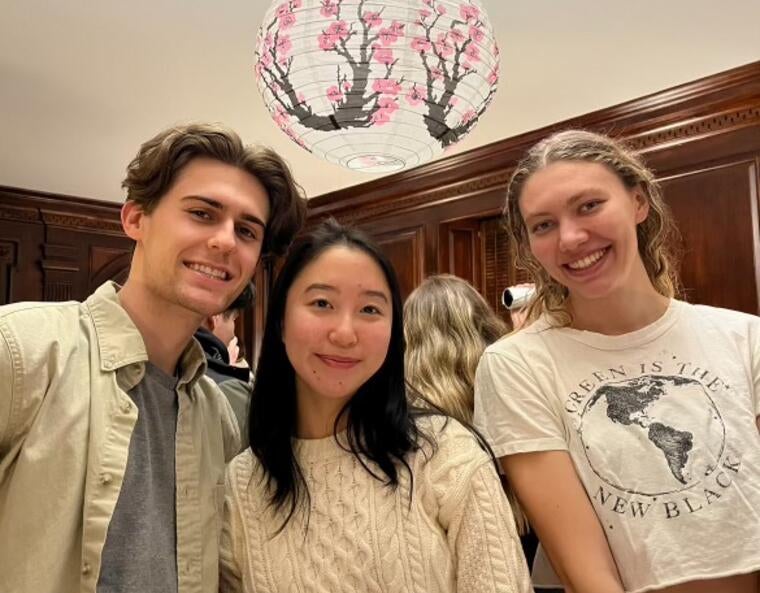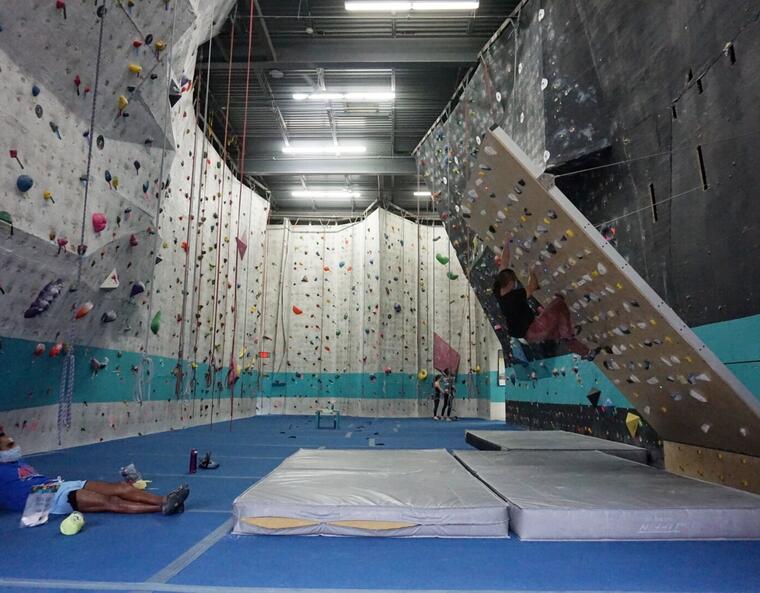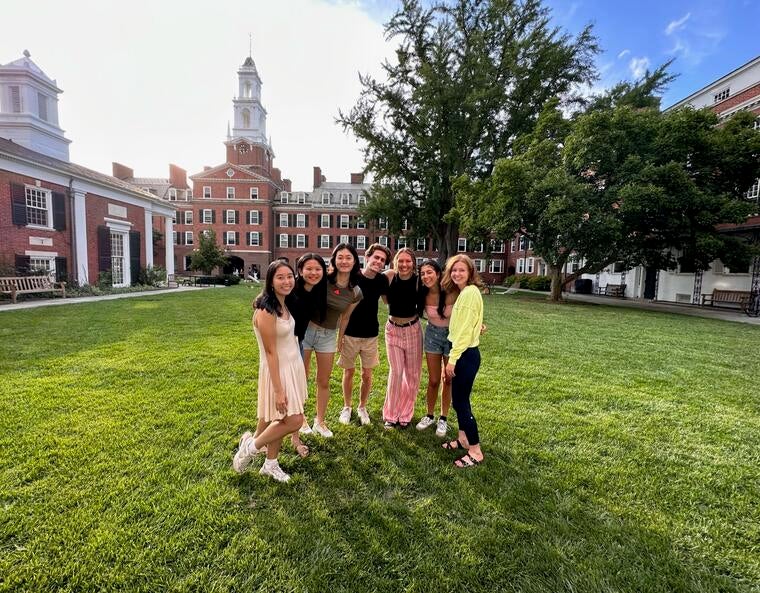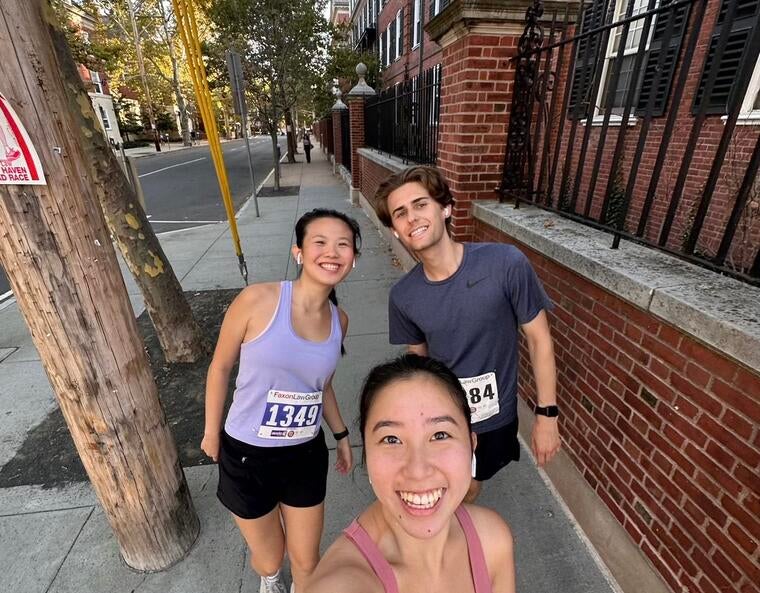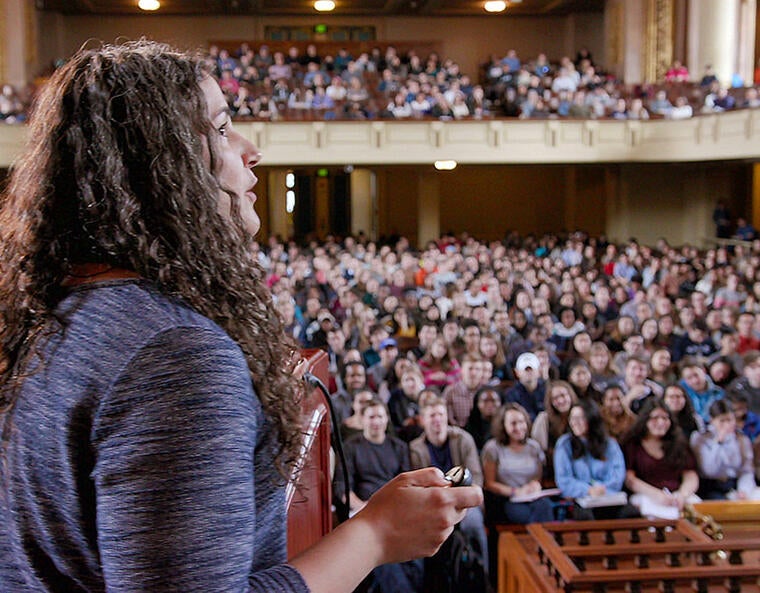
This semester, I was fortunate to take Yale’s most popular course, Psychology and the Good Life. Although I was not particularly interested in taking this course, I couldn’t help but feel drawn to it. Perhaps it was because it was always mentioned in the dining hall. Whatever it was, it resulted in my biweekly treks up Science Hill to attend the 75-minute lectures.
Before taking the class, I couldn’t help but feel skeptical of people’s claims that the class is life-changing. After all, how much effect can a one-semester lecture course have on my life? Despite my pessimistic outlook, like many of the students who signed up for this class, I wanted to learn how to live a good life. After missing out on most of my senior year of high school and attending Zoom University last year, I realized that I had to take control over the aspects of my life that I have jurisdiction over rather than be let down by those I do not.
After my first lecture, I was pleasantly surprised by the structure and organization of the class. Before every class, the PowerPoint slides and lecture notes are posted onto Canvas, along with the required readings, a list of definitions, sources, and psych pro tips (tips to live a good life.) All the lectures are also recorded and students are can access Teaching Fellows, office hours, and even other classmates from our assigned psych-fams.
The class has taught me a lot about the ways I can live a good life. From learning about how people tend to be mistaken about what will make them happy to learning about the behaviors, thoughts, emotions, and physical sensations that make us happy, I have accumulated a range of tools in my happiness tool belt.
I appreciate how the class focuses on the science of happiness and backs up the happiness tips with research papers. After learning that “learning is only half the battle” from this class, I also appreciate the final project. For the final project, students had to implement something in their lives to improve their lives. By taking measurements of their happiness or well-being levels, students can determine whether they can live a better life through this course.
Although I am currently undergoing my self-administered well-being experiment, I think that this class is worth the trek up Science Hill. Yes, Psychology and the Good Life may be overhyped with the news reports and media coverage. However, Laurie Santos deserves the recognition as her class has brought the toxicity of productivity and need for success at an Ivy League institution to light. Even though I admit that I will not practice all the habits that make up a happy life, I have changed my outlook on life from this class, and for me, that is enough.








